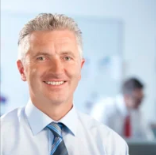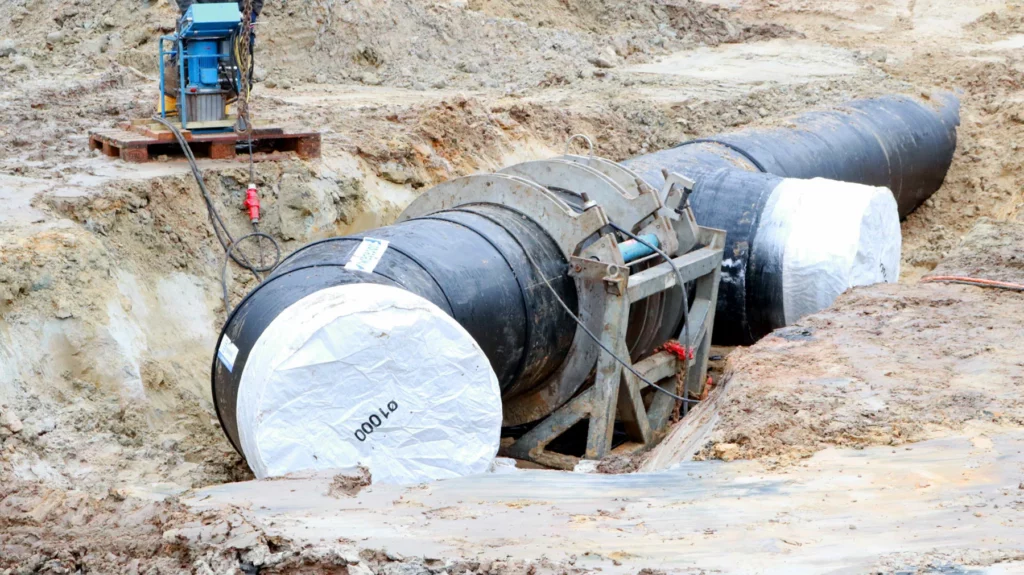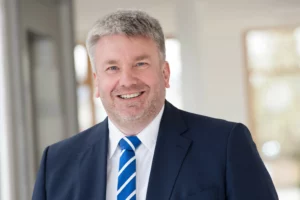
To improve the purification process and eliminate micropollutants in the wastewater stream, the City of Greven decided to construct an additional 4th treatment stage for its wastewater treatment plant, with an estimated investment requirement of 4.5 million Euros. The egeplast egeXXL large-diameter pipe system made of durable and operationally reliable PE 100-RC, as well as precisely manufactured segmented bends, were used. The welding connections were made using a butt welding machine from egeplast’s rental fleet. The innovative purification technology using cloth filtration and powdered activated carbon (PAC) in conjunction with buried PE-100 pipelines guarantee permanently safe and effective wastewater treatment in Greven.
The continuous monitoring of discharge parameters prompted the City of Greven (Westphalia) as early as 2013 to consider improvements to its purification process. Greven has been operating its wastewater treatment plant in its current form since 1981, serving approximately 60,000 population equivalents. Approximately 50% of the wastewater to be treated originates from industrial discharge. The treated wastewater is ultimately discharged into the Ems river. The wastewater treatment plant featured a conventional 3-stage purification system with a polishing pond designed as a buffer basin. At that time, commonly used AZ pipes were the material of choice for underground installation. As early as 2014, a council resolution was passed, aiming to eliminate micropollutants in the wastewater stream, considering potential state funding. An external feasibility study substantiated these considerations and led to the decision to use powdered activated carbon (PAC) with a downstream cloth filter system as an additional 4th treatment stage. This technology is capable of retaining fine particles down to 10 micrometers.

Following the application, the grant notification from the state of North Rhine-Westphalia (NRW) from the RESA II program (resource-efficient wastewater disposal) was issued in 2016. Due to the innovative approach of the purification process, the funding
amount reached 80% of the investment volume, which is more than the usual funding rate of 70%. The cost estimate indicated an investment requirement of 4.5 million Euros. In 2017, the approval planning was advanced, and the application for approval was submitted to the District Government of Münster. Subsequently, the City of Greven received approval for the construction of the 4th treatment stage in March 2018. In summer 2018, the retention pond was dismantled, and the construction site was prepared by Fa. Stückenschneider. In November 2018, the civil engineering work began, carried out by Fa. Kögel Bau from Bad Oeynhausen. The preliminary planning was undertaken by the engineering firm Rummler + Hartmann from Havixbeck.
All buried pipelines were tendered in durable and operationally reliable PE 100-RC. The egeplast egeXXL large-diameter pipe system was used for diameters up to 1,000 mm. A total of 350 m of pipes in SDR Class 17 were supplied. The segmented bends required for the numerous changes in direction on the wastewater treatment plant site were also manufactured by egeplast with “precision”. Butt welding was chosen as the joining method for the pipes and fittings made of PE 100-RC. A suitable butt welding machine was provided from egeplast’s rental fleet.
Following the planned commissioning of the 4th treatment stage towards the end of 2019, scientific monitoring will take place for another year during the start-up phase. Based on these findings, the City of Greven expects the final commissioning towards the end of 2020.





